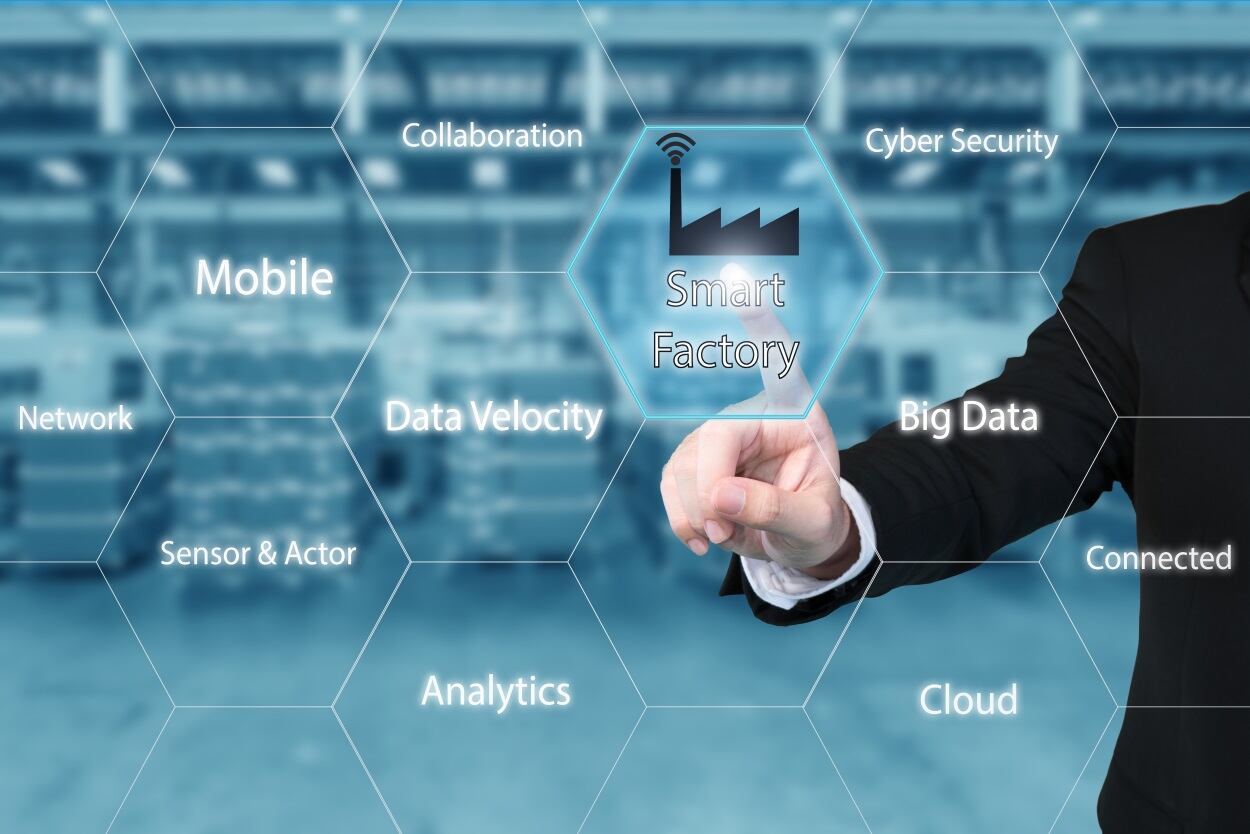ERP is a business management system that integrates various business functions, combining data from departments ranging from new product development to sales forecasting, stock control and traceability. Through a suite of applications, organisations can collect, store manage and interpret data from these divergent activities.
While ERP has been around for decades, much of the food sector operates in silos or continues to rely on “legacy” ERP systems, Duncan Moir, senior principal product manager at Epicor, explained.
“When we go into food companies they tend to have a system for finance, another for traceability - a whole raft of spreadsheets. You have different people with different spreadsheets, different bits of information, so when you are talking in the business you spend half the time discussing whose numbers are right, never mind what you want to do with those numbers.”
By delivering real-time data across functions ERP can foster internal collaboration, he told FoodNavigator. “It is all about having one source of data and sharing that across the business in real time... It is all about capturing and reporting in real time through shop floor data capture, mobile systems, EDI [electronic data interchange] connections to your customers to pull their sales orders in automatically. And having all that at your fingertips.”
This makes for improved forecasting – an invaluable asset to the food industry which is largely characterised by short lead times. Indeed, according to Moir, a need to deliver products at speed to customers is an important trend underpinning process innovation in the food sector.
“In the food sector… you used to get more time. A supermarket would give you an order a week before delivery. Now the timescale is compacted. You get your forecast in the day before, you get your order in at 10 o’clock in the morning and you have to ship it my 2 o’clock that afternoon to hit the shelves the next day…. You can’t rely on long batch runs. You have to react very quickly to changes in demand to meet customer requirements.
“It is about getting a lot of control over your business. Understanding your yields and the things that are causing your yields to vary. Regulatory compliance is huge in terms of having that info all within the system, easily searchable and easily managed.”
Traceability, transparency and safety
If speed is one benefit of ERP, increased traceability is a “key point”, Moir said.
“If you are using shop floor data capture equipment you can respond to any recalls or any food audits within seconds rather than the four-hour suggested time limit,” he noted.
A quick response time can push down the expense associated with costly recalls. And accurate data can limit the number of products recalled unnecessarily.
“In terms of accuracy, if you are batch controlling everything that goes into the plant, when you are issuing it to your production line you are scanning it and that will tell you whether it is the wrong product. In terms of all the allergen scares or labelling concerns, you can make sure you are validating everything that goes into the production line and capturing traceability.
“Recalls are fairly inevitable. You are always going to get some kind of label fault or whatever. But if you are capturing data accurately you can warn your customers quickly and minimise the amount of product that you are going to have to recall because you know exactly which batches were affected.”
Improved efficiency, compliance and safety result in cost savings that can “vary dramatically” between businesses – depending on how effectively an organisation implements ERP rollout, Moir suggested. According to Epicor, some customers have reported a return on investment (which for a small food business is likely to total five to six figures) within six months.
Sector collaboration: the future of ERP
ERP systems principally function by promoting improved efficiency, data use and collaboration within an organisation. But as ERP evolves, it is also coming to address the hot potato of data sharing between customers, manufacturers and suppliers, Moir suggested.
He believes that players in the food industry are increasingly willing to share information to drive accuracy and efficiency. “You are getting a lot more information from suppliers [and] giving a lot more information to customers.”
This is making the supply chain more efficient: “You can have supplier portals so they can log in to see what your stock levels are and replenish them for you without having to make purchase orders. In the same way, you can be monitoring the Epos [electronic point of sale] system at the supermarket to see how your products are selling so you can look at your own forecasts of what you should be manufacturing.”
In the future, Moir predicted this trend strengthened collaboration across the supply chain will gain traction as technologies like blockchain and the Internet of Things (IoT) build trust and transparency.
“More and more, connecting ERP through web services or blockchain to get that information from other systems throughout the globe will shorten the amount of time it takes for recalls. Instead of having to record all the information in your own system as it comes in you just know it was this lot number from this company and you can get traceability back automatically. I think that is a big thing that will change in the industry over time. I’m not saying it will come in tomorrow but I could see it coming in the next few years.”


